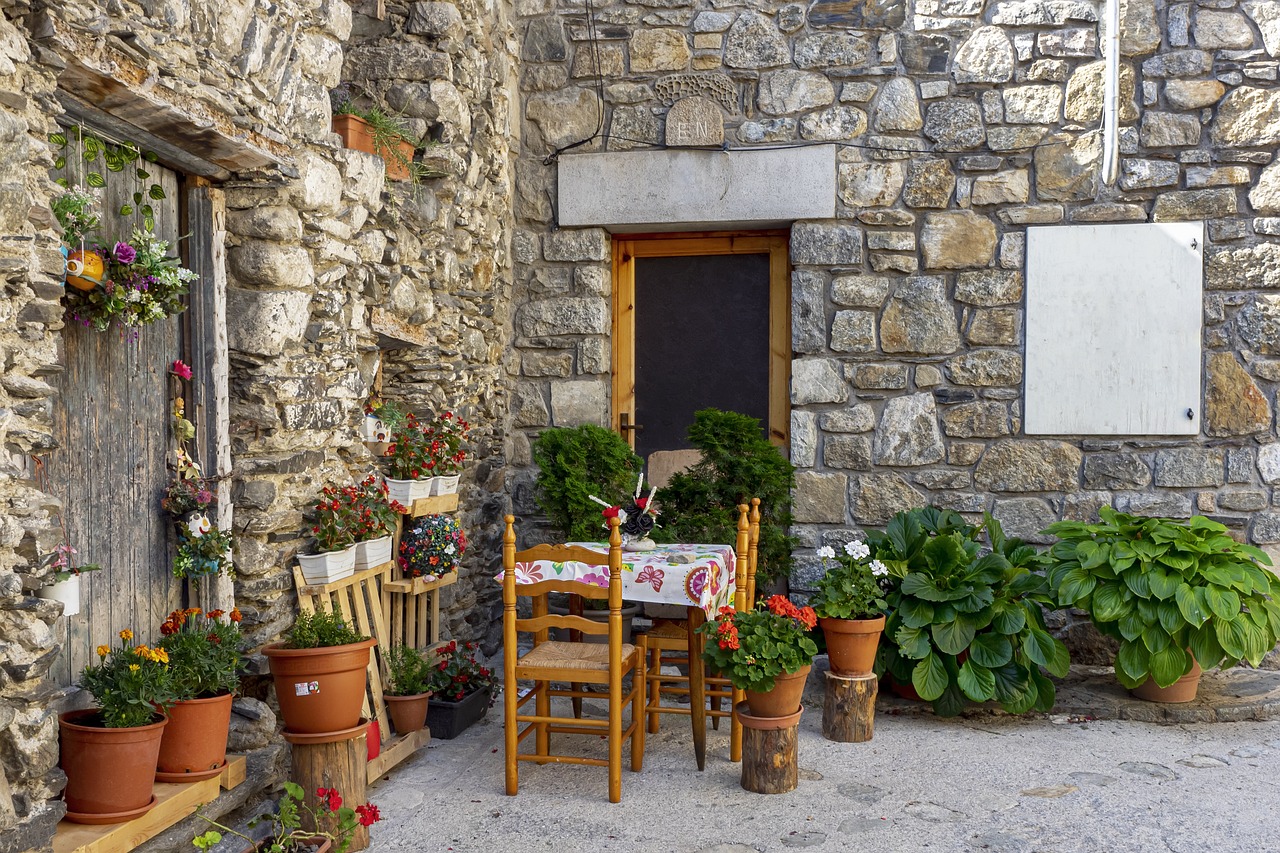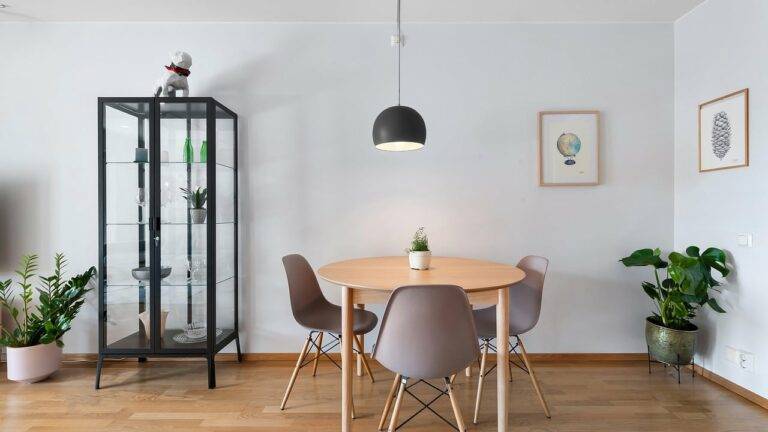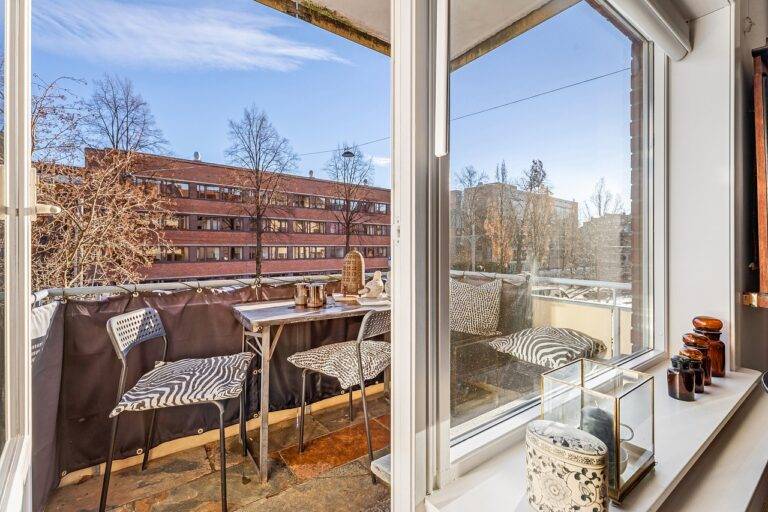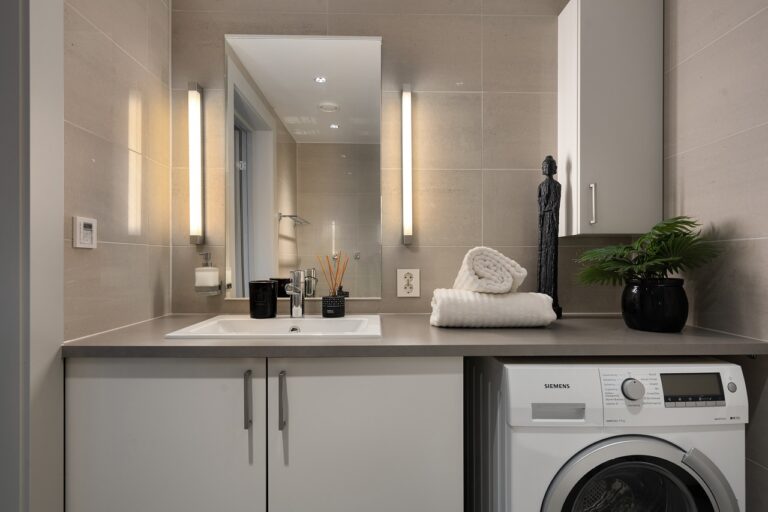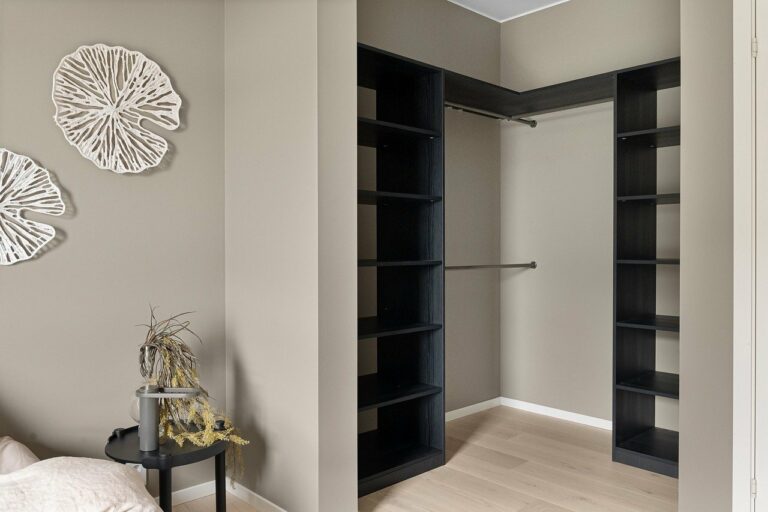The Benefits of Hybrid Ventilation Systems: Cricketbet999 login, 11xplay online id login, Betbhai9 com
cricketbet999 login, 11xplay online id login, betbhai9 com: Hybrid ventilation systems are becoming increasingly popular in modern buildings due to their numerous benefits for both the environment and building occupants. These systems combine the advantages of natural and mechanical ventilation to create a more efficient and comfortable indoor environment. In this article, we will discuss the benefits of hybrid ventilation systems and why they are a smart choice for sustainable buildings.
Improved indoor air quality:
One of the key benefits of hybrid ventilation systems is their ability to improve indoor air quality. By combining natural ventilation with mechanical ventilation, these systems can provide a constant supply of fresh air while also effectively removing pollutants and allergens from indoor spaces. This helps to create a healthier and more comfortable environment for building occupants.
Energy efficiency:
Hybrid ventilation systems are designed to be energy-efficient, helping building owners to reduce their energy consumption and lower their utility bills. By utilizing natural ventilation whenever possible, these systems can significantly reduce the need for mechanical cooling and heating, thereby decreasing overall energy usage and greenhouse gas emissions.
Improved thermal comfort:
Hybrid ventilation systems are designed to maintain a comfortable indoor temperature throughout the year, regardless of external weather conditions. By combining natural ventilation with mechanical systems, these systems can efficiently manage indoor temperatures and humidity levels, creating a more comfortable environment for building occupants.
Flexibility and control:
Hybrid ventilation systems offer building owners greater flexibility and control over their indoor environment. With the ability to switch between natural and mechanical ventilation modes, these systems can adapt to changing weather conditions and occupancy levels, ensuring optimal indoor comfort and air quality at all times.
Cost-effective:
While hybrid ventilation systems may require an initial investment, they can provide long-term cost savings for building owners. By reducing energy consumption and maintenance costs, these systems can help to lower overall operating expenses and improve the overall sustainability of the building.
Sustainable building design:
Hybrid ventilation systems are a key component of sustainable building design, helping to reduce energy consumption and minimize environmental impact. By promoting natural ventilation and reducing reliance on mechanical systems, these systems can help to create more environmentally-friendly buildings that are better for both people and the planet.
In conclusion, hybrid ventilation systems offer a range of benefits for building owners, from improved indoor air quality and energy efficiency to enhanced thermal comfort and sustainability. By combining natural and mechanical ventilation, these systems provide a cost-effective and eco-friendly solution for modern buildings. If you are looking to create a healthier, more comfortable, and sustainable indoor environment, hybrid ventilation systems are definitely worth considering.
FAQs:
Q: How do hybrid ventilation systems differ from traditional ventilation systems?
A: Hybrid ventilation systems combine natural and mechanical ventilation elements to provide a more efficient and flexible solution for indoor environments, as opposed to traditional systems that rely solely on mechanical ventilation.
Q: Are hybrid ventilation systems suitable for all types of buildings?
A: Yes, hybrid ventilation systems can be adapted to suit a wide range of building types and sizes, including commercial, residential, and industrial buildings.
Q: How do hybrid ventilation systems contribute to sustainability?
A: By reducing energy consumption and promoting natural ventilation, hybrid ventilation systems help to create more sustainable buildings that are better for the environment and building occupants alike.
Q: Can hybrid ventilation systems be retrofit into existing buildings?
A: Yes, hybrid ventilation systems can be retrofitted into existing buildings to improve indoor air quality, energy efficiency, and overall comfort levels.
Q: What are the maintenance requirements for hybrid ventilation systems?
A: Hybrid ventilation systems require regular maintenance to ensure optimal performance, including cleaning filters, checking airflow rates, and inspecting mechanical components. Regular maintenance helps to prolong the lifespan of the system and ensure continued efficiency.
These FAQs provide further insights into the benefits and practical considerations of hybrid ventilation systems, making them a valuable addition to any building looking to improve indoor air quality, energy efficiency, and overall occupant comfort.

